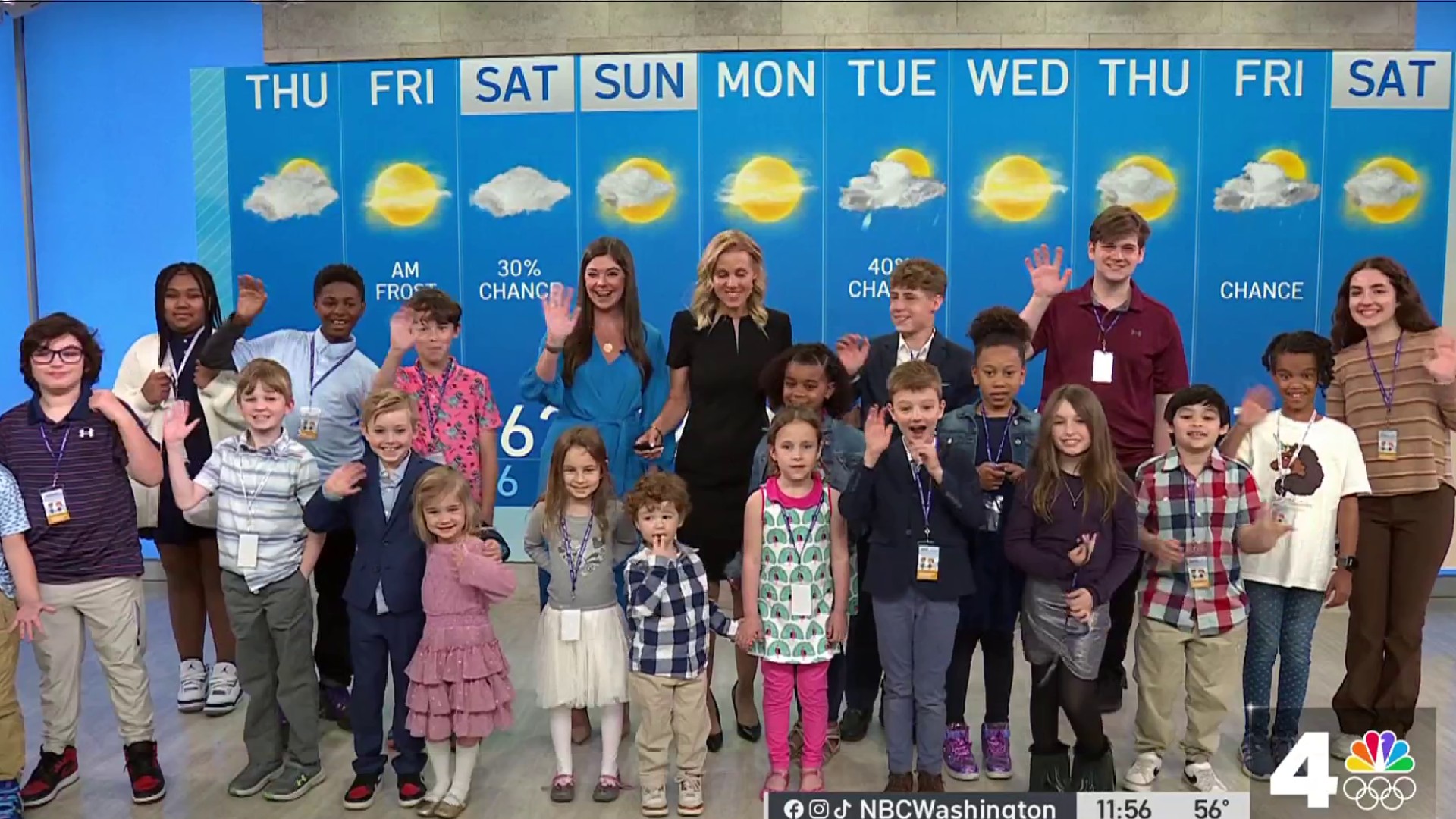
An employment program pairing former “squeegee kids” with jobs in the hospitality industry will be launched by Baltimore next month as the city implements a 90-day Squeegee Action Plan.
The employment program, which will be offered in partnership with Canopy by Hilton, provides job training for 10 city youths who have been working as squeegee kids, city officials announced last week. They will work at the Canopy hotel in Baltimore’s Harbor Point, rotating among jobs as bell hops, maintenance staff and working in the hotel’s restaurant, Cindy Lou’s Fish House.
The program and the accompanying action plan are part of a coordinated push by Baltimore Mayor Brandon Scott’s administration to find alternative employment for the young people who work at busy intersections and clean windshields for money.
The presence of squeegee kids on Baltimore’s streets has been a flashpoint for years. Drivers unfamiliar or uncomfortable with the practice often complain about the youths, prompting outcry from city businesses who rely on visitors. But city officials argue their presence is symptomatic of poverty in Baltimore and needs to be addressed with better social supports.
We're making it easier for you to find stories that matter with our new newsletter — The 4Front. Sign up here and get news that is important for you to your inbox.
“This is about figuring out how we can support what they need, so they’re not driven to panhandling, which is essentially what squeegeeing is,” said Faith Leach, Baltimore’s deputy mayor for equity, health and human services.
Baltimore officials have identified at least 180 city youths who squeegee, although there are likely more. That group includes several demographics: school age children under 18; young adults, roughly between the ages of 18 and 24; and a less prevalent group of slightly older adults.
When engaging with the younger group, the objective is to get kids reconnected with school, Leach said.
Local
Washington, D.C., Maryland and Virginia local news, events and information
The employment program, which will launch in mid-December, is targeted at the middle demographic. Outreach officials have selected youths who they believe are ready for alternative employment, and they will first attend one month of employment readiness training, Leach said. City officials will also use that time to connect the youths with any services they may need, such as housing or mental health support.
The group will then transition to working for Canopy by Hilton full-time, with a commitment from the city to cover their wages for up to six months. An effort will be made to find permanent jobs with the company for participants who are interested, Leach said.
The youths participating must commit to stop squeegeeing for the duration of the program, she said.
Leach said the city is seeking more employers to participate in similar programs, but the employers need to understand the challenges of working with squeegee kids, she said.
“The young people who choose to squeegee are presenting with a number of challenges,” she said. “One young man was living in a vacant house. Imagine being 20 years old, you have nowhere to go and you’re living in a vacant home.”
The announcement of the employment program coincides with the release of the city’s 90-Day Squeegee Action plan which calls for heightened outreach to squeegee kids.
In the first 30 days of that plan, which is effective immediately, the city will hold bi-weekly outreach events at highly-trafficked squeegee intersections, bringing representatives from Baltimore school’s reengagement program, city social services and nonprofits to interface with squeegee kids.
Traffic control officers will also be deployed to known squeegee intersections, and city officials will inspect cameras in those areas to make sure they are working to record should any incidents arise, the plan states.
Within 60 days, Scott’s administration hopes to stand up a Young Black Men and Boys Cabinet to host community conversations and make recommendations to the administration about how to increase intervention efforts for squeegee kids.
The action plan calls for the city to launch a pilot program that will offer same-day payments to youth who work various jobs in the city. Squeegeeing offers quick cash, Leach said, while a traditional job may pay every two weeks. Many of the kids squeegeeing don’t have the luxury of waiting for a paycheck, she said.
“They’re going out there to hustle for a dollar, because they need to buy diapers or take food home for their family,” she said.
Leach said efforts are being heightened now as the holiday season approaches. Research has shown that the holidays are often the most stressful time of year for people in poverty, she said. The city has also seen an increase in the activity in the last few months, she said.
“Many are trying to meet their basic needs,” she said. “They may have young children of their own, they may have families.”



